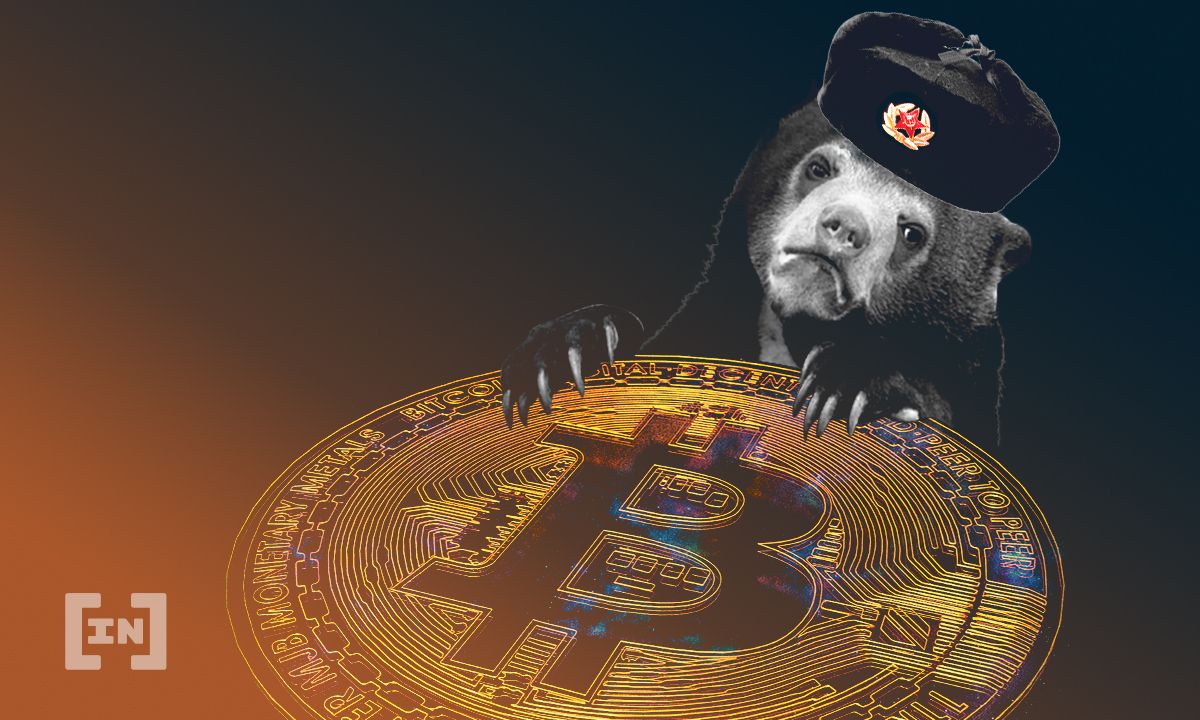A Kremlin spokesperson has ruled out bitcoin becoming legal tender in the country, calling the cryptocurrency a detriment to the financial system.
The Kremlin has confirmed that the country will not make bitcoin legal tender. Spokesperson Dmitri Peskov said that Russia wasn’t prepared for it and that there was no reason to do it, according to local media outlets.
Peskov also said that legalizing bitcoin would be detrimental to the financial system, and he called bitcoin a quasi-currency. He did not elaborate further.
The announcement follows El Salvador’s official adoption of bitcoin as legal tender, which happened on Sept 7. The launch coincided with the introduction of the Chivo Wallet, though there appears to be some issues with the whole situation. El Salvador’s government bought 400 bitcoins to begin the shift in its economy.
Adopting bitcoin as legal tender is something most governments are unwilling to do, given the uncertainty surrounding the cryptocurrency. Salary payments in bitcoin could be problematic, for example, as volatility could affect income. This is something that ministers in El Salvador have brought up.
Russia’s own stance on bitcoin is somewhat vague. The country is not entirely against crypto, but it is taking steps to clamp down on the market. On the plus side, a Russian court ordered Sberbank to remove restrictions on crypto trading.
Russia is reportedly developing a tool to monitor crypto activities tied to criminal activity, as well as working on its own CBDC, the digital ruble. The Bank of Russia announced an upcoming trial for the digital ruble in June.
What effects will bitcoin as legal tender have?
El Salvador’s decision to make bitcoin legal tender sent shockwaves when it was first announced. Many were confused as to how it would be implemented and whether it would be mandatory.
Criticism has come from both within and outside the country. Citizens are reportedly protesting in the streets, while the opposition party presents its own arguments. The disagreement largely has to do with bitcoin’s volatility and potential money laundering activity.
It is for that reason that the International Monetary Fund (IMF) stated that there could be macroeconomic and legal concerns surrounding the decision. Support from international bodies, in general, seems short, with the World Bank also denying El Salvador assistance.
In any case, El Salvador’s move will be an experiment that’s worth keeping an eye on. Regardless of the outcome, analysts will be able to see how bitcoin operates on a much larger scale.
Disclaimer
In adherence to the Trust Project guidelines, BeInCrypto is committed to unbiased, transparent reporting. This news article aims to provide accurate, timely information. However, readers are advised to verify facts independently and consult with a professional before making any decisions based on this content. Please note that our Terms and Conditions, Privacy Policy, and Disclaimers have been updated.



